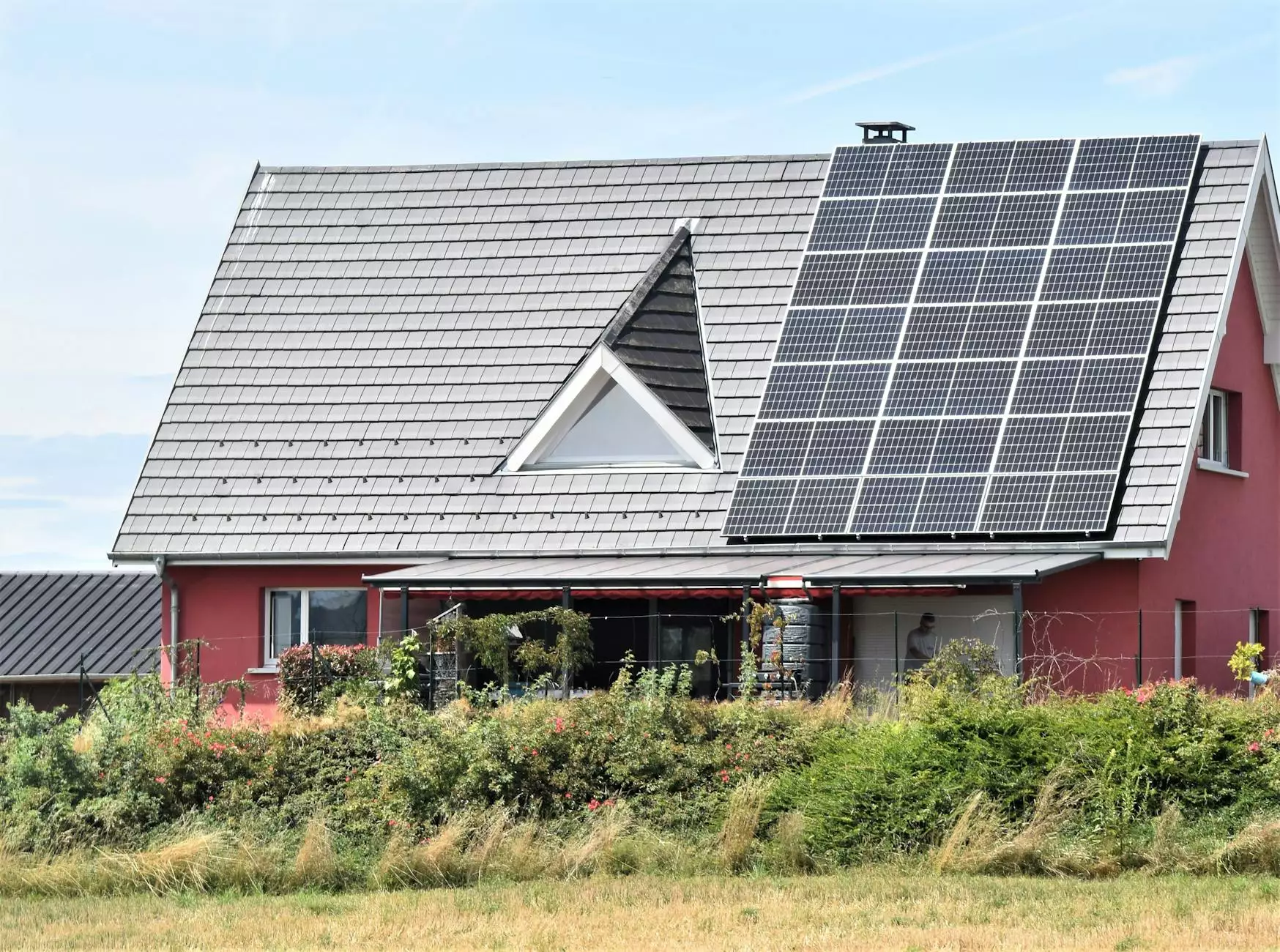Mastering Airbnb: **How to Search Keywords on Airbnb**

In the ever-evolving world of online hospitality, the ability to effectively search and utilize keywords on platforms like Airbnb can be a game-changer for property owners and managers. Understanding how to leverage keywords will not only increase your visibility but also attract potential guests in a crowded market. In this comprehensive guide, we will explore how to search keywords on Airbnb, the significance of relevant keywords, and best practices for optimizing your listings.
Understanding the Importance of Keywords
Keywords are the cornerstone of search engine optimization (SEO). They are the specific words or phrases that potential guests are likely to input into the search bar when looking for accommodations. By utilizing the right keywords, hosts can:
- Enhance visibility: Competing for the top listings is crucial; the right keywords can push your property higher in search rankings.
- Attract the right audience: Proper keyword selection will target the specific demographic interested in your property.
- Increase booking rates: More visibility and a targeted audience ultimately lead to higher booking rates.
How to Search Keywords on Airbnb: A Step-by-Step Approach
Now that we understand the importance of keywords, let's dive into the detailed steps on how to search keywords on Airbnb effectively.
Step 1: Identify Your Target Audience
Before diving into the keywords, it is essential to know who your audience is. Consider factors such as:
- Location preferences (urban vs. rural)
- Type of trip (business vs. leisure)
- Traveling party size (single, couple, family)
By establishing your target audience, you can refine your keyword search to suit their interests.
Step 2: Utilize Airbnb's Search Feature
Airbnb itself can provide valuable insights when searching for keywords. Here’s how to leverage this tool:
- Use the search bar: Type in phrases related to your property. As you type, Airbnb will suggest popular search phrases, which are often highly relevant keywords.
- Explore local listings: Look at similar properties in your area. Note the keywords used in their titles and descriptions. This analysis will offer insight into the competitive landscape.
Step 3: Analyze Competitors’ Listings
Look at your competitors who rank highly in search results. Consider the following:
- What keywords are they using in their titles?
- How are they describing their properties?
- What amenities and features do they highlight?
By examining these factors, you can adopt successful strategies while ensuring your listing remains unique.
Step 4: Use Keyword Research Tools
In addition to on-platform research, there are several external tools that can help you find valuable keywords:
- Google Keyword Planner: This free tool helps determine how often specific words are searched and provides suggestions for related keywords.
- Ubersuggest: A user-friendly platform that displays keyword ideas and their search volume.
- Keywords Everywhere: A browser extension that shows keyword search volume directly in your browser.
Utilizing these tools will help refine your keyword strategy further.
Step 5: Prioritize Long-Tail Keywords
Long-tail keywords, which are longer and more specific phrases, can be much more effective than generic terms. Examples include:
- "Pet-friendly vacation rentals in New York"
- "Cozy cabin near the ski slopes in Colorado"
- "Luxury beachfront condo in Miami"
These keywords attract more qualified leads as they align closely with what potential guests are searching for.
Optimizing Your Airbnb Listing
Once you've gathered a list of relevant keywords, the next step is to implement them effectively in your listing. Here’s how:
Craft an Engaging Title
Your title is the first thing guests will see. It should be captivating while incorporating essential keywords. For example:
- Instead of "Beautiful Apartment," consider "Charming 2-Bedroom Apartment in Downtown Chicago."
Write a Detailed Description
Incorporate your keywords naturally into the description of your property. Aim for a conversational tone that provides valuable information to potential guests.
Highlight Featured Amenities
List the amenities prominently. Use bullet points to make them stand out, ensuring that keywords related to popular amenities are included:
- Free Wi-Fi
- Swimming pool
- Pet-friendly policies
Update Regularly
Regularly updating your listing with fresh content can signal to Airbnb's search algorithm that your property is active. Revisit your keywords and adjust them based on seasonal trends, guest feedback, and local events.
Utilizing Tags and Categories
Airbnb allows hosts to select specific tags that describe their property. Use all available space to select tags that match your keywords, as this further optimizes your listing for search relevance.
Engaging High-Quality Photos
Although not directly linked to keywords, high-quality images can improve click-through rates. Make sure to include captions that incorporate relevant keywords where appropriate.
Monitoring and Adjusting Your Strategy
After optimizing your listing, it's crucial to monitor performance:
- Track your listing views: Analyze how changes in keywords have impacted the visibility of your listing.
- Guest feedback: Review any comments regarding your property description and amenities to further refine your keywords.
- A/B testing: Experiment with different titles or descriptions to see what resonates best with your audience.
Conclusion
In summary, mastering the art of how to search keywords on Airbnb and effectively implementing them in your listings can significantly impact your success as a host. By understanding your audience, leveraging tools for research, and continuously optimizing your content, you’ll be setting yourself up for success in the competitive world of Airbnb. Remember, the goal is not just to attract guests, but to connect with the right travelers who will appreciate the unique offerings of your property. For more resources and assistance in managing your properties, visit bnbvibe.com.









